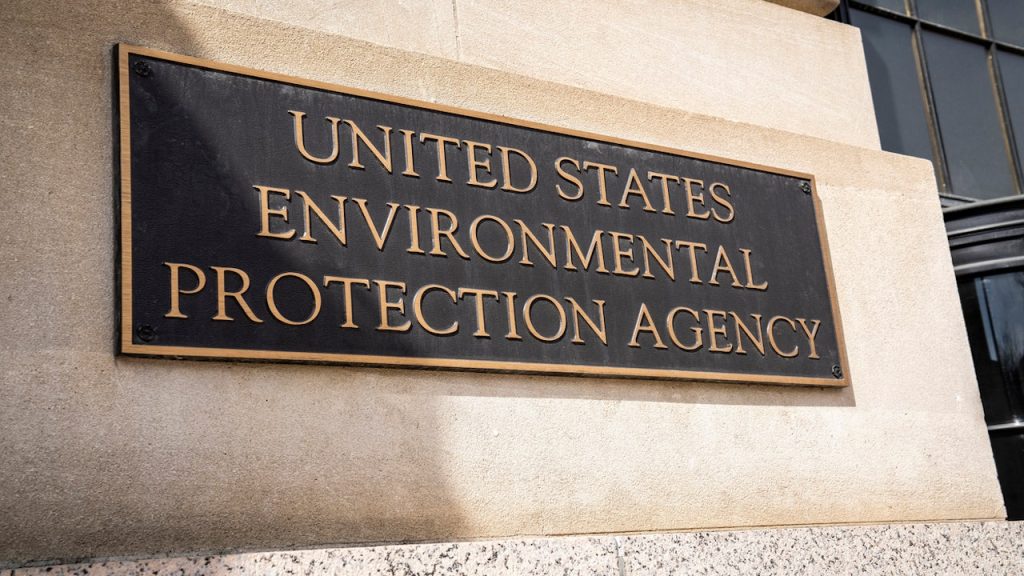The U.S. Environmental Protection Agency (EPA) has rejected Alabama’s proposal to take over coal ash regulation, stating that the state’s plan does not adequately protect people and waterways. The agency emphasized that the state’s proposal fell short of federal regulations by not addressing groundwater contamination during the closure of coal ash units. EPA Administrator Michael S. Regan highlighted the importance of protecting people from pollution like coal ash that can lead to serious health risks.
Coal ash is the residue left over after coal is burned to produce electricity and contains harmful contaminants such as mercury, chromium, and arsenic. States have the option to assume oversight of coal ash disposal, but must meet certain federal requirements. The Alabama Department of Environmental Management is reviewing the EPA’s decision and plans to comment later on the matter. Last year, the EPA had expressed concerns about deficiencies in Alabama’s permits related to closure requirements of unlined surface impoundments, groundwater monitoring, and corrective actions.
The EPA’s decision to reject Alabama’s program was praised by advocacy groups like the Southern Environmental Law Center and Mobile Baykeeper, who lauded the move as a victory for clean water in the state. The groups emphasized the importance of preventing toxic coal ash from contaminating rivers and water sources. The EPA’s denial underscores the community’s stance that leaving coal ash in unlined leaking pits near rivers is unacceptable and poses a threat to public health and the environment.
Coal ash is known to contain substances linked to cancer and other health issues, making proper regulation and disposal crucial for safeguarding human health and the environment. The EPA’s focus on protecting people from exposure to harmful pollutants highlights the agency’s commitment to ensuring that regulatory standards are met and enforced. The rejection of Alabama’s proposal signals the need for stronger measures to address the risks associated with coal ash disposal, particularly in states where oversight is lacking or inadequate.
Moving forward, Alabama will need to revise its proposal to meet federal requirements for coal ash regulation and address the deficiencies highlighted by the EPA. Ensuring that proper safeguards are in place for the closure and monitoring of coal ash units is essential for protecting communities and waterways from contamination. The EPA’s decision serves as a reminder of the importance of upholding environmental regulations to safeguard public health and the environment from the impacts of harmful pollutants like coal ash. Alabama and other states will need to work closely with the EPA to develop and implement effective strategies for managing coal ash disposal while prioritizing the protection of human health and the environment.













